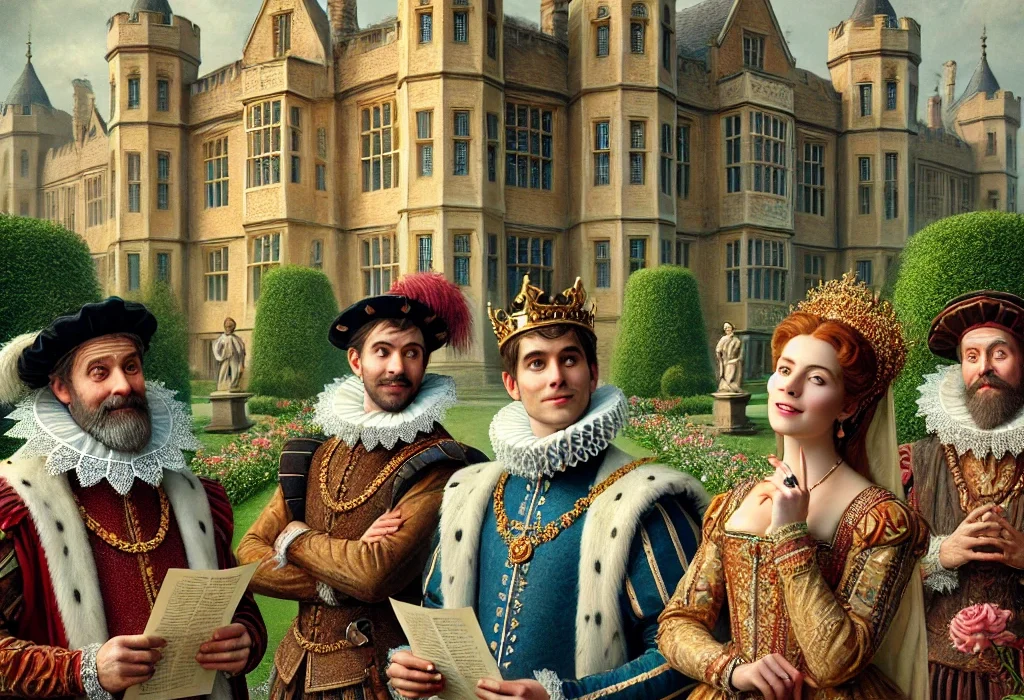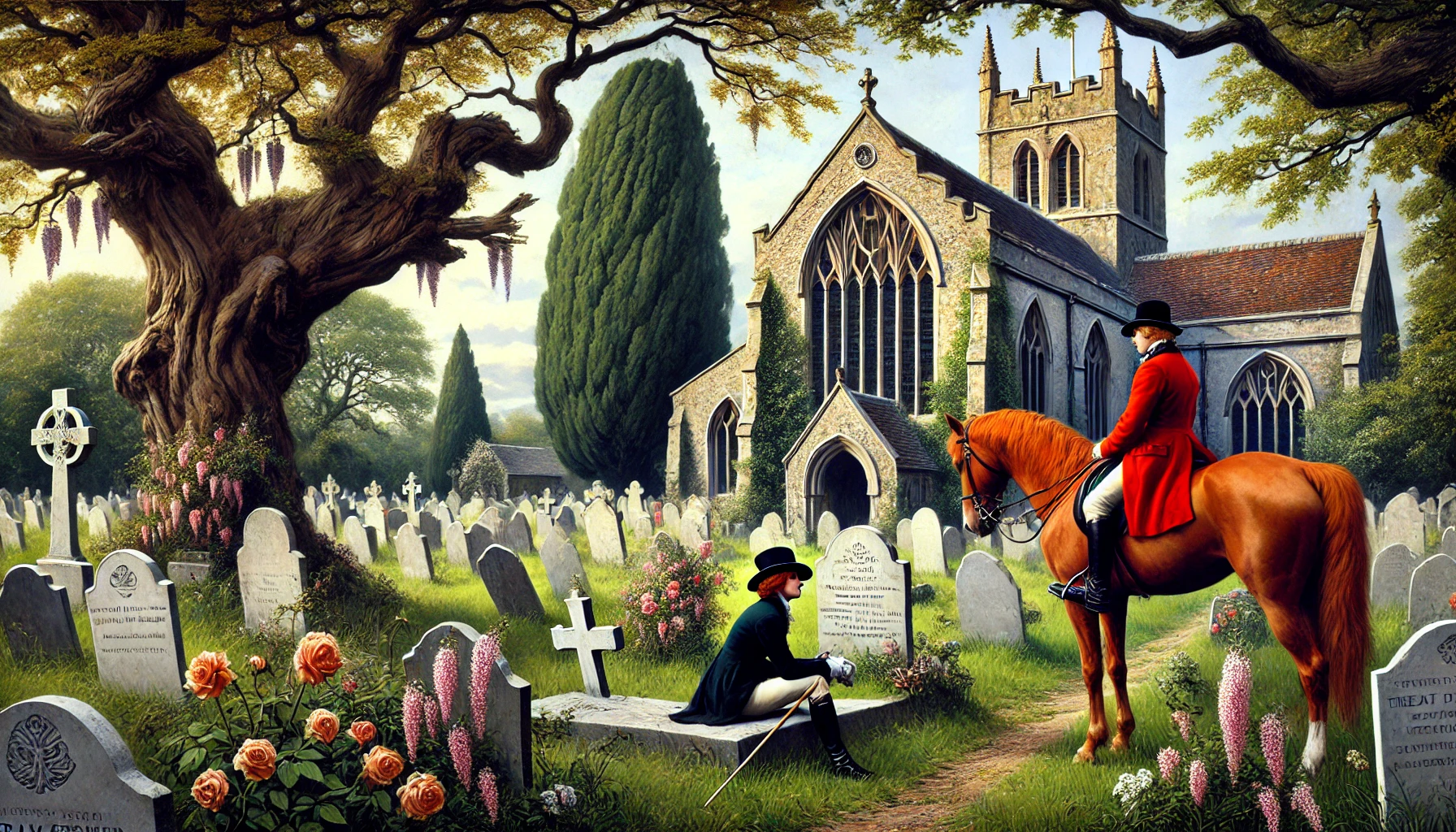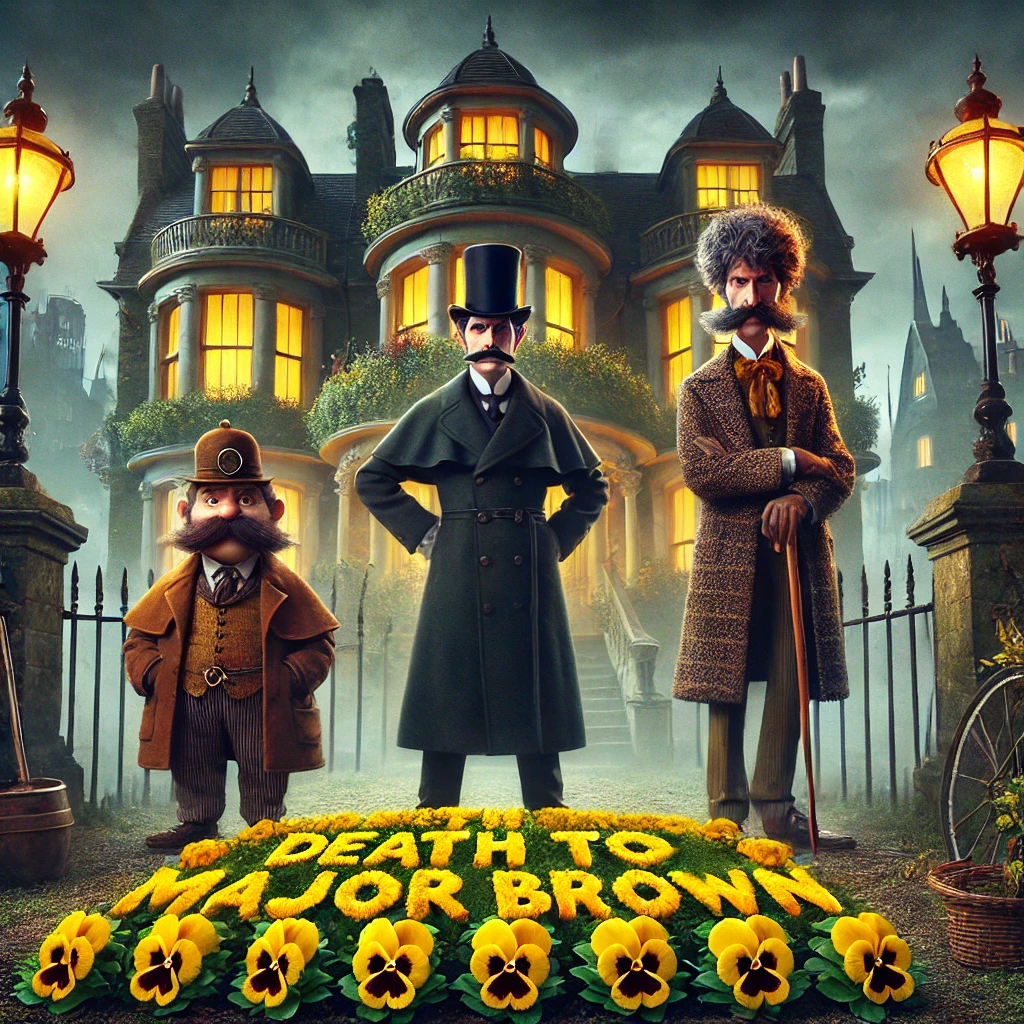“Love’s Labour’s Lost” is a comedy by William Shakespeare, set in the court of Navarre, where King Ferdinand and his three noble companions take a vow to pursue scholarly studies and renounce the company of women for three years. This ambitious oath quickly faces challenges when the Princess of France arrives on a diplomatic mission, accompanied by her charming ladies. The play unfolds as a delightful exploration of love, language, and the folly of human endeavors.
Plot Summary
In the verdant kingdom of Navarre, King Ferdinand gathers his three loyal companions—Berowne, Longaville, and Dumaine—and proposes an ambitious plan: for three years, they will devote themselves to rigorous study, fasting, and abstinence from the company of women. They seal their vows with enthusiasm, but Berowne, ever the skeptic, hesitates. He questions the severity of their pact, particularly the clause that forbids interaction with women. Yet, bound by loyalty and camaraderie, he agrees, though with a lingering sense of foreboding about the human folly in making such vows.
No sooner have they signed this pact than the arrival of the Princess of France threatens to upend their scholarly ambitions. She comes with a retinue of three captivating ladies—Rosaline, Maria, and Katherine—on a diplomatic mission to discuss the restitution of the province of Aquitaine. Bound by their oaths, the King and his men cannot receive the Princess and her entourage within the court and must meet them in the field, a decision fraught with tension and the promise of romantic entanglement.
As the men prepare to confront this challenge to their vows, each finds himself irresistibly drawn to one of the French ladies. The King falls for the Princess, Berowne for Rosaline, Longaville for Maria, and Dumaine for Katherine. Despite their earlier bravado, they are unable to resist the allure of love. The men, especially Berowne, struggle internally with the contradiction between their sworn oaths and the powerful emotions the women evoke in them.
Determined to pursue their loves while keeping their honor intact, the men decide to court the ladies in disguise, adopting the guise of Muscovites. However, the Princess and her ladies, forewarned by the clever Boyet, decide to play along with the ruse. They swap identities among themselves to confound their suitors further. This leads to a series of comically awkward encounters, with each man wooing the wrong woman. Their extravagant declarations of love, delivered with the conviction of poets, fall flat when the truth of their disguises is revealed.
Humiliated and exposed, the men resolve to drop their pretenses and court the women with sincere intentions. They approach the Princess and her ladies again, now with honest hearts, but find themselves met with playful resistance. The women, having enjoyed the game and the men’s folly, are not so easily won. They set a challenge for the men: to prove the sincerity of their affections through deeds, not words. The Princess, aware of the King’s genuine affection, leads her companions in demanding that the men undertake a year of penance and demonstrate their worthiness through acts of devotion.
Just as this game of courtship reaches its height, the play takes an unexpected turn. News arrives from France that the Princess’s father, the King, has died. The Princess, now a queen, must return to her country to assume her new responsibilities. The suddenness of this tragedy casts a shadow over the lightheartedness of the previous scenes, bringing a somber tone to the court’s frivolities. The men, faced with the reality of their beloveds’ departure, must confront the true nature of their love and the depth of their commitments.
In a poignant farewell, each man is given a task. The King is told to retire to a hermitage, Berowne to use his wit for good, Longaville to visit the sick, and Dumaine to follow Longaville’s example. The women promise to return in a year to see if the men have been true to their words and worthy of their love. There are no quick resolutions or hasty marriages; instead, the story concludes with an open-ended promise, a testament to the complexity and unpredictability of love.
The play ends on a reflective note as the characters acknowledge the fleeting nature of youth and the earnest pursuit of love. While it lacks the conventional happy ending of Shakespeare’s other comedies, with its marriages and festivities, it offers a more contemplative closure. The parting is bittersweet, filled with the hope of reunions but tempered by the weight of time and the lessons learned.
Main Characters
- King Ferdinand: The ruler of Navarre, who initiates the vow to pursue study and avoid women, but finds himself quickly falling for the Princess of France.
- Berowne: A witty and skeptical nobleman, critical of the King’s vow, who becomes enamored with Rosaline. His cleverness and honesty make him one of the most compelling characters.
- Princess of France: A diplomatic and intelligent woman who visits Navarre on a mission. She is aware of the men’s intentions and decides to play along with their games.
- Rosaline: One of the Princess’s ladies, who becomes the object of Berowne’s affection. She is witty and matches Berowne in cleverness and repartee.
- Longaville and Dumaine: Companions of the King who, like Berowne, fall in love with the ladies of the Princess’s court, Maria and Katherine, respectively.
Theme
- The Folly of Vows: The central theme revolves around the folly of making unrealistic vows and the inevitability of human desires, especially love. The play suggests that such vows are often made to be broken because they go against human nature.
- The Nature of Love: Love is depicted as a force that defies logic and reason. It is shown as both a source of joy and folly, often leading to self-deception and misunderstandings.
- The Playfulness of Language: Shakespeare uses wordplay, puns, and wit to explore the complexities of communication and the idea that words can both reveal and conceal true intentions. The linguistic games in the play reflect the characters’ attempts to navigate the complexities of love and courtship.
- Reality vs. Appearance: Through disguises and mistaken identities, the play explores the theme of appearance versus reality, questioning how well we can truly know each other.
Writing Style and Tone
Shakespeare employs a playful and witty tone throughout “Love’s Labour’s Lost,” using elaborate wordplay, puns, and linguistic flourishes to engage the audience. The dialogue is rich with rhetorical devices, showcasing the characters’ intelligence and the artifice of courtly language. The play is notable for its use of rhymed verse, sonnets, and songs, which contribute to its lighthearted and whimsical atmosphere.
The language is both a vehicle for comedy and a means to explore deeper themes, as characters use their verbal dexterity to woo, deceive, and reflect on the nature of love. The tone shifts towards the end of the play, becoming more serious and contemplative, as the characters are faced with the realities of life and the consequences of their actions. This change in tone underscores the play’s exploration of love as a complex and multifaceted emotion.
We hope this summary has sparked your interest and would appreciate you following Celsius 233 on social media:
There’s a treasure trove of other fascinating book summaries waiting for you. Check out our collection of stories that inspire, thrill, and provoke thought, just like this one by checking out the Book Shelf or the Library
Remember, while our summaries capture the essence, they can never replace the full experience of reading the book. If this summary intrigued you, consider diving into the complete story – buy the book and immerse yourself in the author’s original work.
If you want to request a book summary, click here.
When Saurabh is not working/watching football/reading books/traveling, you can reach him via Twitter/X, LinkedIn, or Threads
Restart reading!








